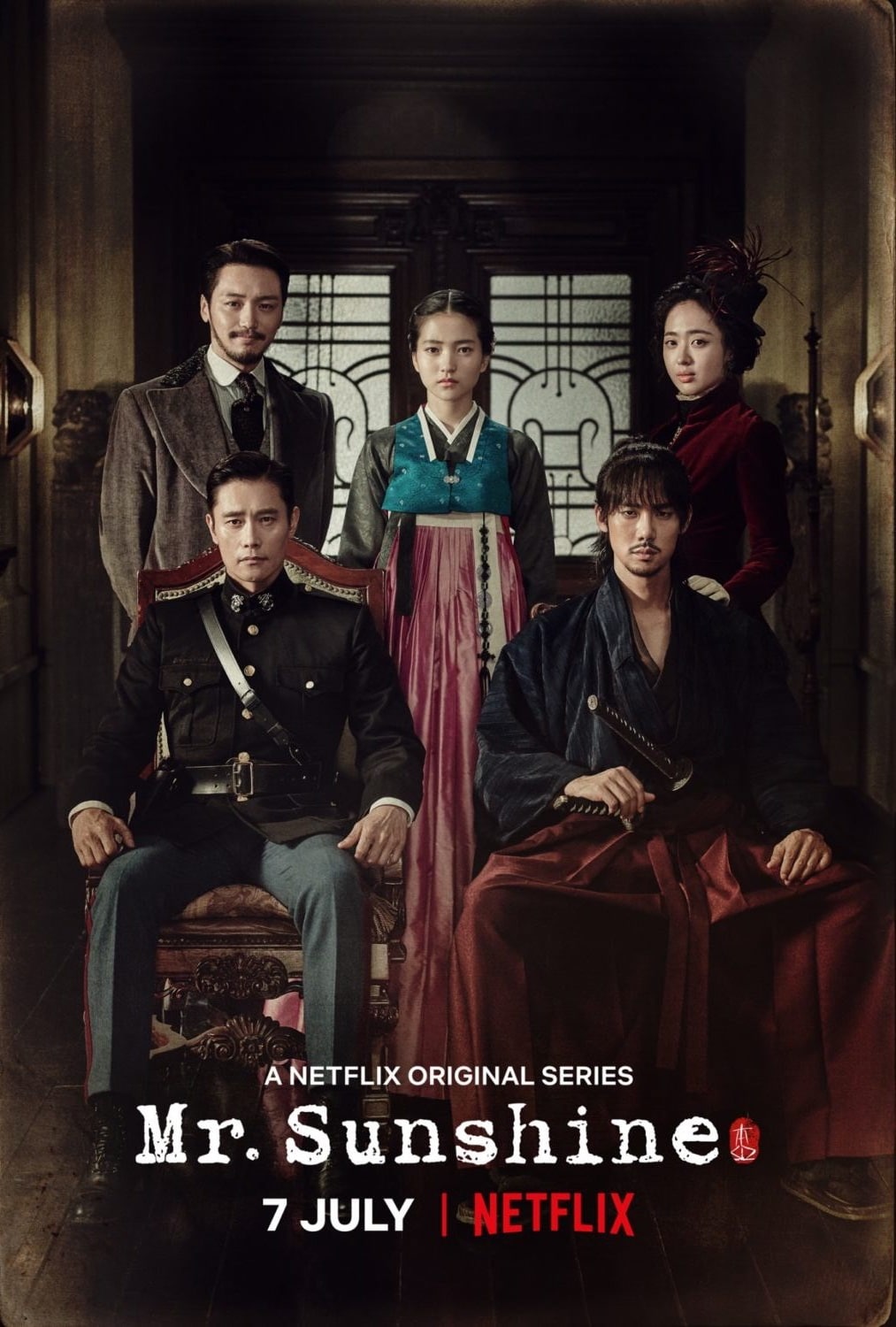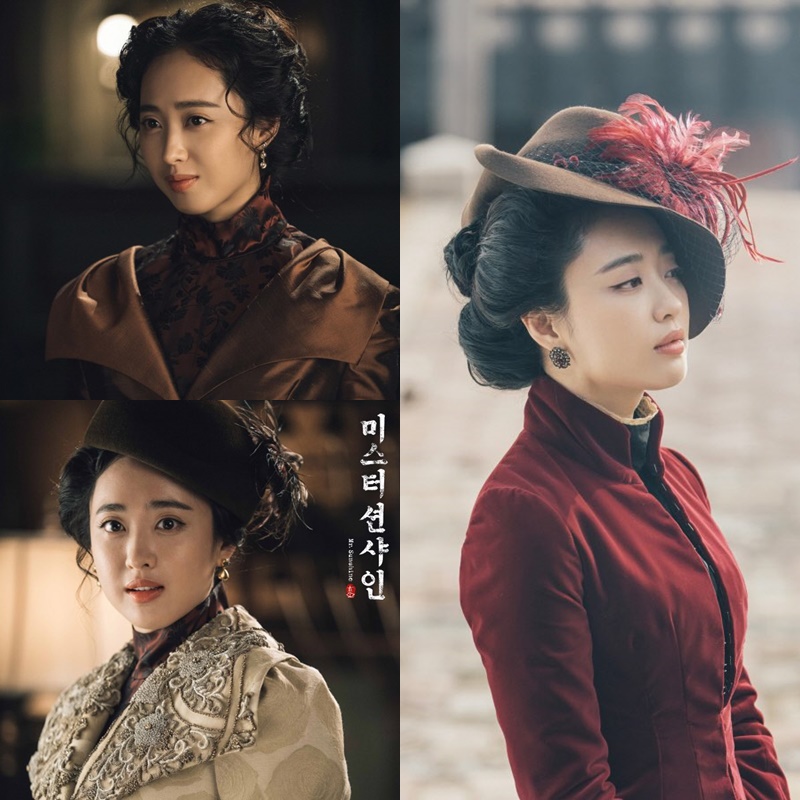By Atty. Angela Librado-Trinidad
(Editor’s Note: Atty. Angela Librado-Trinidad is the Philippines’ Labor Attache to the United States and is based in Washington, USA. She is a former three-term City Councilor in Davao City.)

I did not read its cover. I picked it merely because it was mentioned by a friend and I needed another K-drama series that would hopefully sustain my kilig moments in The King, Eternal Monarch. But The first episode was action-packed and was confusingly a hodgepodge of eras. There was no promise of beautiful faces. The “American” who was assigned to Joseon looked jaded.
Albeit entitled Mr. Sunshine, this K-drama centers upon a Joseon young female noble, Go Aeshin, whose parents died fighting tyrannical Japan. Against the traditions and conventions of Joseon and ignorant of her parents’ history, Go Ashin self-learns, arms herself with the military skills to protect her country from foreign invasion and becomes the formidable, indispensable leader of the Righteous Army, an anti-Japanese and anti-establishment rebel movement of peasant-slaves in Joseon.
Mr. Sunshine weaves history, politics and romance like no other. While sniping at her enemies relentlessly, Go Aeshin also passionately entangles herself with all three male leads individually and collectively making them fall in love not only with her but with her passion to free Joseon as well.
—Eugene Choi, a Joseon slave turned American, whose hatred of Joseon nobility was so entrenched he longed of betraying his roots. However, he warms up to his native land, abets Ashin’s Army by concealing the firearm it took, and ultimately sacrifices himself to enable Aishin’s group to escape.
-Goo dong Mae, once a beaten Joseon fledgling who sought refuge in Japan, but returns to his homeland as a leader of the feared samurai-wielding Muslin society in his Hangyeong, Emboldened by his love for Aishin and what she represents, Goo Dong draws his sword against the society and country that cuddled him just so he could embrace Aishin in his dreams, at least.
-and the carefree Kim Hee Sung, whose nobility was his greatest liability. While betrothed to Aishin, Kim realizes his love, no matter how pure, cannot assuage his lady’s love for her people ad is thus compelled to break the engagement.
Love wins in this Kdrama as it persists despite and transcends differing social strata. When ersthwhile buther’s son ,Goo dong, snatches “ her lady” Aishin’s silk hemline and clings to it momentarily when the latter walks past him. Or when Kim stares dreamily at his beloved beyond the silk-laden clothesline when he comes to visit her for the first time. But that flirting from a distance when the low-class Eugene and Ashin threw grins at each other while flashing their pretend wedding rings right at the Righteous Army’s hideout was so palatable, I could forgive Mr. Sunshine for not having a single kissing or intimate scene. It evokes that most intense feeling of love and commitment without being overpowering.

But it is not only the romance that seduces, Mr. Sunshine allows not just one but a few women to shine. Japanese widow Kuno Hido, daughter of a Joseon diplomat infamous for selling his country out to the Japanese. A raconteur by nature, she knows about and speaks of everyone in her village as if she was living with each one. Haman Daek, the ever-loyal maid of Go-Aishin, who raised the latter as her own, not only cuddling her but her dreams of a free Joseon as well. And then there’s So Ah, a relentless member of the Righteous Army, who fronts as an owner of a carinderia near a riverside offering what Eugene and his American superior referred to as an unbelievable chicken dish. These women did not crowd but enhanced the scenes with their presence, displaying their indispensable roles, no matter how intermittent their appearances are.
Politcs has its footprints written all over this series. Go Aishin actually represents her maimed country, Joseon , tied to traditions and customs which she rebels against at the same time. Like Go -Aishin, Joseon is troubled by his own people fighting for “development and against slavery” and is constantly courted by Japan and the US .
The story ends tragically but triumphantly with all the vital characters dying but Go Aishin, seen commanding young recruits of the Righteous Army in the hope of finally gaining her homeland back.
I should have watched it last, almost a nonpareil , this Mr. Sunshine. By now, the rest of the Kdrama series would appear lackluster.






